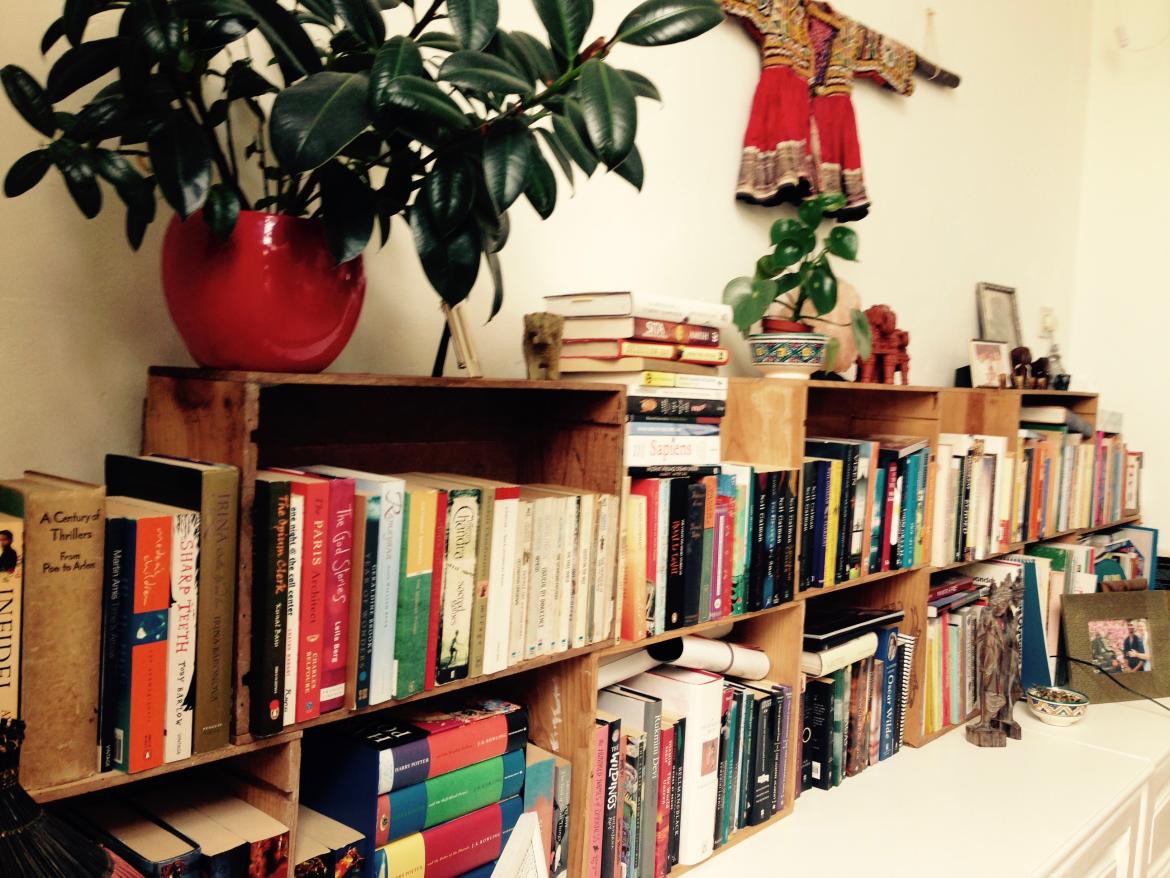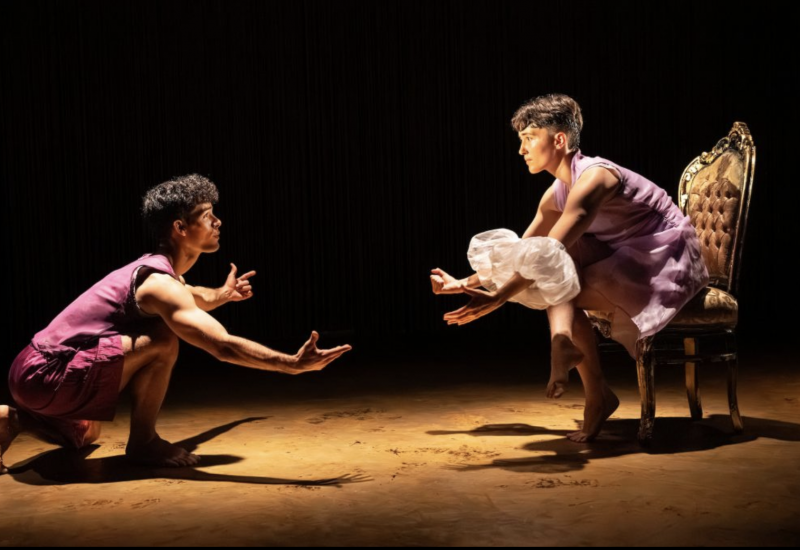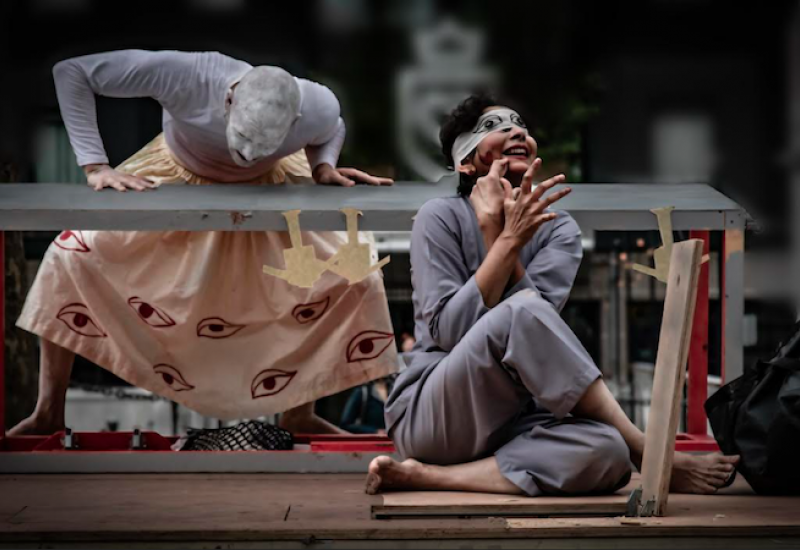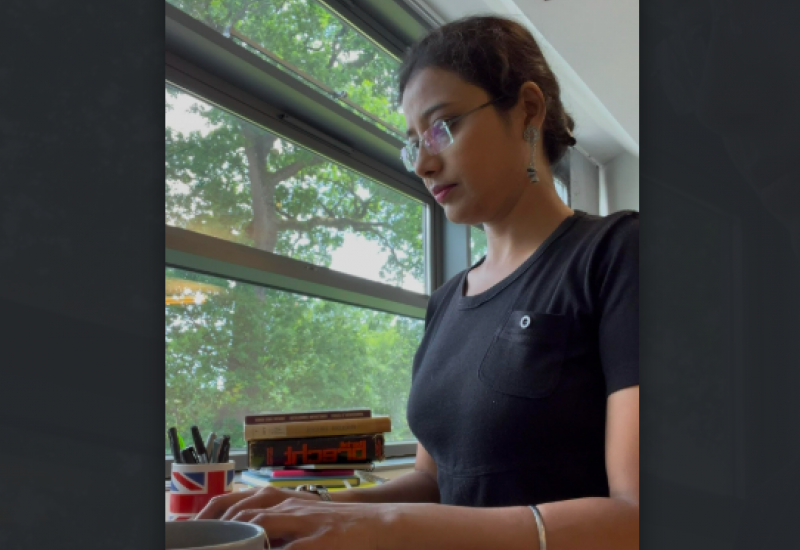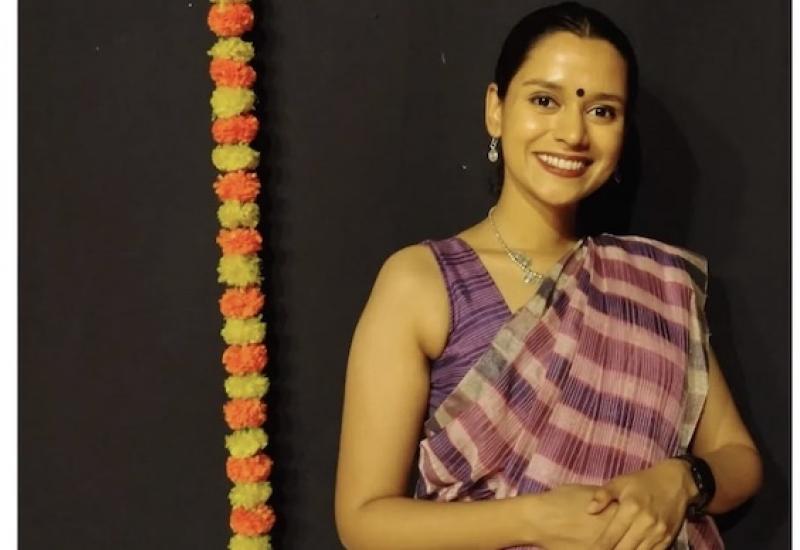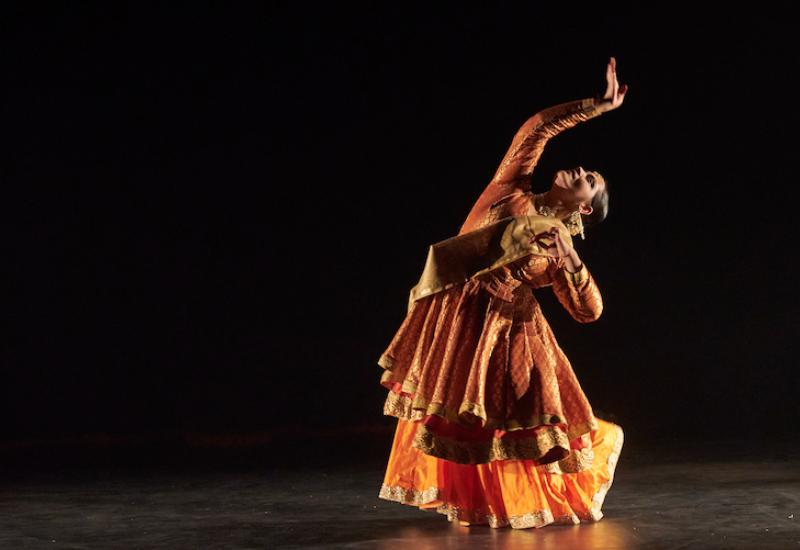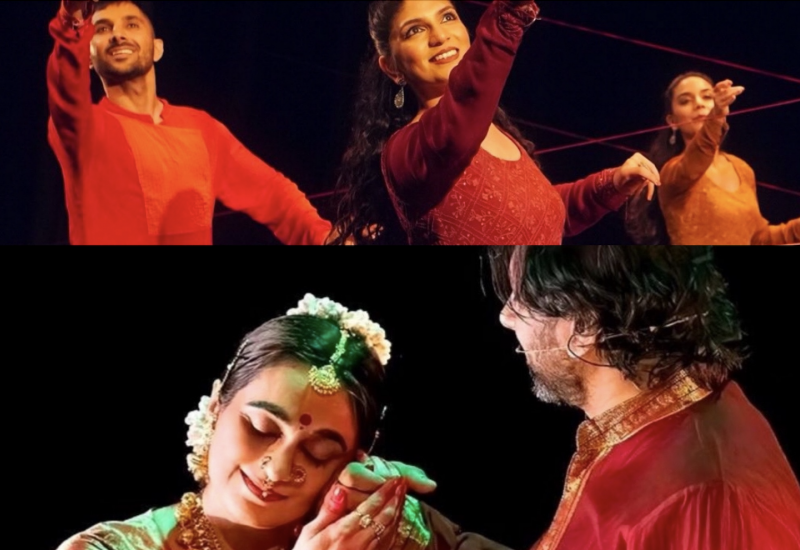The World of Books
Dancer Sooraj Subramaniam bemoans how 'adult life' and social media distract him from the total immersion of a good book.
I state the obvious: books draw you into their own worlds, enveloping you so densely in their secrets that you forget mealtimes and forestall even sleep. They’re also springboards from which you may leap into the sky, soar over cliffs or dive into the oceans, traversing postcodes and climates and galaxies.
You may dance across their pages, trotting or gliding or skipping quickly to the end. Or it might be a slow read, allowing you to meander and get lost only to end up again where you began. Some are difficult, jealous and punishing books, cruel and cutting, leaving you withered. Then there are the devastating kind, leaving you pining for weeks afterwards for the characters you fell in love with or worlds you wished you’d grown up in. The effervescent ones, bursting and glowing with joy, leave you wondering how you’d managed so far without their knowledge and insight.
But I’ll admit: it’s been years since I’ve read ‘voraciously’. I’ve been largely distracted by, well, life. Adulthood, rather. And while I yearn to be better read, I’m yet to find the urgency to do so regularly. I’m ashamed to admit that most of the ‘reading’ I now do comprises whatever drawls through news-feeds on social media sites. It’s depressing- their content, as well as my inability to extricate myself from them.
There are a precious few books that have been in my life for a long time. Some I was separated from for the longest time—they hibernated patiently, in boxes left in spare rooms or garages, whilst I trekked across the world to have my heart broken.
Living in the diaspora, I grew up on the works of Enid Blyton, Roald Dahl and Amar Chitra Katha. At the brink of adolescence I read Alex Haley’s Roots, and came to know such things about humans I didn’t think possible. Agatha Christie’s mysteries had me tussling with ‘big’ words and Englishness. Arundhati Roy’s The God of Small Things I read at a time when I was struggling with the idea of independence. William Golding’s Lord of the Flies left me in a lurch, as did George Orwell’s 1984 and Animal Farm. Over the last decade I’ve been infatuated with the works of Neil Gaiman, Amitav Ghosh, Khaled Hosseni and Vikram Seth. And of course, I wouldn’t escape the magic cast over the world by J. K. Rowling.
I hold many such books in fondness, and revisit moments when they had my emotions piqued. I remember the colours on covers, particular passages, or perhaps where they accompanied me. Like old friends, I commit them to the duty of prevailing in my keep, till-death-us-do-part business.
But there are always new and interesting books, and only finite space on bookshelves. Why then do I still find the need to possess actual books? As an aside, I’ve resisted getting an e-reader for the following reasons: they don’t smell like actual books; I can’t feel the pages rustle; I’d rather be pained to read in half-light than succumb to the easy comfort of an even glow. For now I relegate the e-reader to some future chapter.
Still, more books sit new and untouched than the ones I’ve actually read. Is it material greed? Is it to sate the obsession to arrange things? Is it to display to my houseguests how cultivated and cultured I am? I battle such consternations as should I shear myself of this need to buy, to own outright the books I want to read? will I regret giving away some books? how many trees could I alone possibly save if I stopped buying books?
I wonder then, if I am able to see transience for what it is, and bid these merry acquaintances a life of long adventure beyond the bookshelves in my home. What a dreary, listless life, to be collecting dust in the home of nobody, when they could be free, free to spread wings and take someone else on a flight of wonder and imagination.

